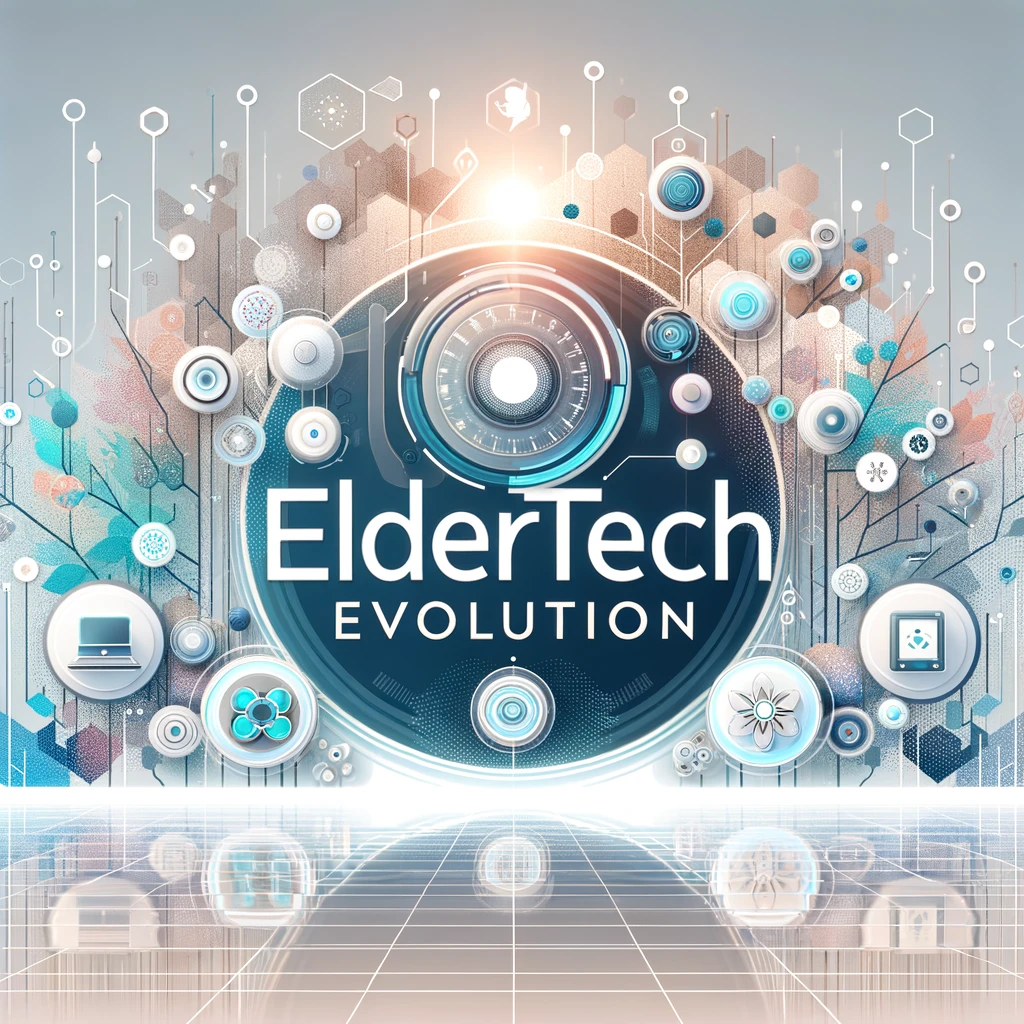Introduction
Dementia, a condition that affects millions of older adults worldwide, presents unique challenges in care and management. However, the latest technological advances are offering new avenues of hope and support. This post delves into how cutting-edge technologies are reshaping dementia care, providing innovative solutions to enhance the lives of those affected.
Wearable Technology for Safety and Monitoring
- GPS Tracking Devices: Wearable GPS devices have become a cornerstone in dementia care, helping caregivers keep track of their loved ones’ whereabouts, ensuring their safety.
- Health Monitoring Wearables: Advanced wearables now monitor vital signs and detect unusual patterns in movement or sleep, alerting caregivers to potential health issues.
AI and Machine Learning in Early Detection
- Predictive Analytics: Artificial Intelligence (AI) and machine learning are being used to analyze patterns in speech and behavior, aiding in the early detection of dementia.
- Customized Care Plans: These technologies enable the creation of personalized care strategies based on the patient’s unique progression and needs.
Virtual Reality (VR) for Cognitive Stimulation
- Immersive Experiences: VR technology offers therapeutic experiences for dementia patients, such as revisiting familiar places from their past, which can help trigger memories and emotions.
- Cognitive Exercises: VR-based cognitive exercises are being explored to enhance mental engagement and slow cognitive decline.
Smart Home Technologies for Independence
- Automated Home Systems: Smart home technologies, like automated lighting, temperature control, and security systems, enable dementia patients to maintain a degree of independence while ensuring their safety.
- Voice-Activated Assistants: These devices can provide reminders for medication, appointments, and daily tasks, simplifying the routine for someone with dementia.
Communication Aids for Engagement
- Digital Communication Tools: Tablets and apps designed with user-friendly interfaces help dementia patients stay connected with family and friends, boosting their social interaction.
- Augmentative and Alternative Communication (AAC) Devices: For those with advanced dementia, AAC devices assist in communication, providing a voice to their needs and thoughts.
Robotics in Personal Care
- Companion Robots: Robots designed to offer companionship are becoming increasingly popular in dementia care, offering emotional support and interaction.
- Assistive Robotics: Robotics technology is also being developed to assist with personal care tasks, providing support to both patients and caregivers.
Conclusion
The landscape of dementia care is rapidly evolving with these technological advances, offering brighter prospects for those affected. From enhancing safety and independence to providing cognitive stimulation and emotional support, technology is playing a pivotal role in improving the quality of life for dementia patients.
Call to Action
Have you or a loved one experienced the impact of technology in dementia care? Share your stories in the comments below. Let’s discuss how these technological advancements are opening new doors in the journey of dementia care.



Leave a Reply